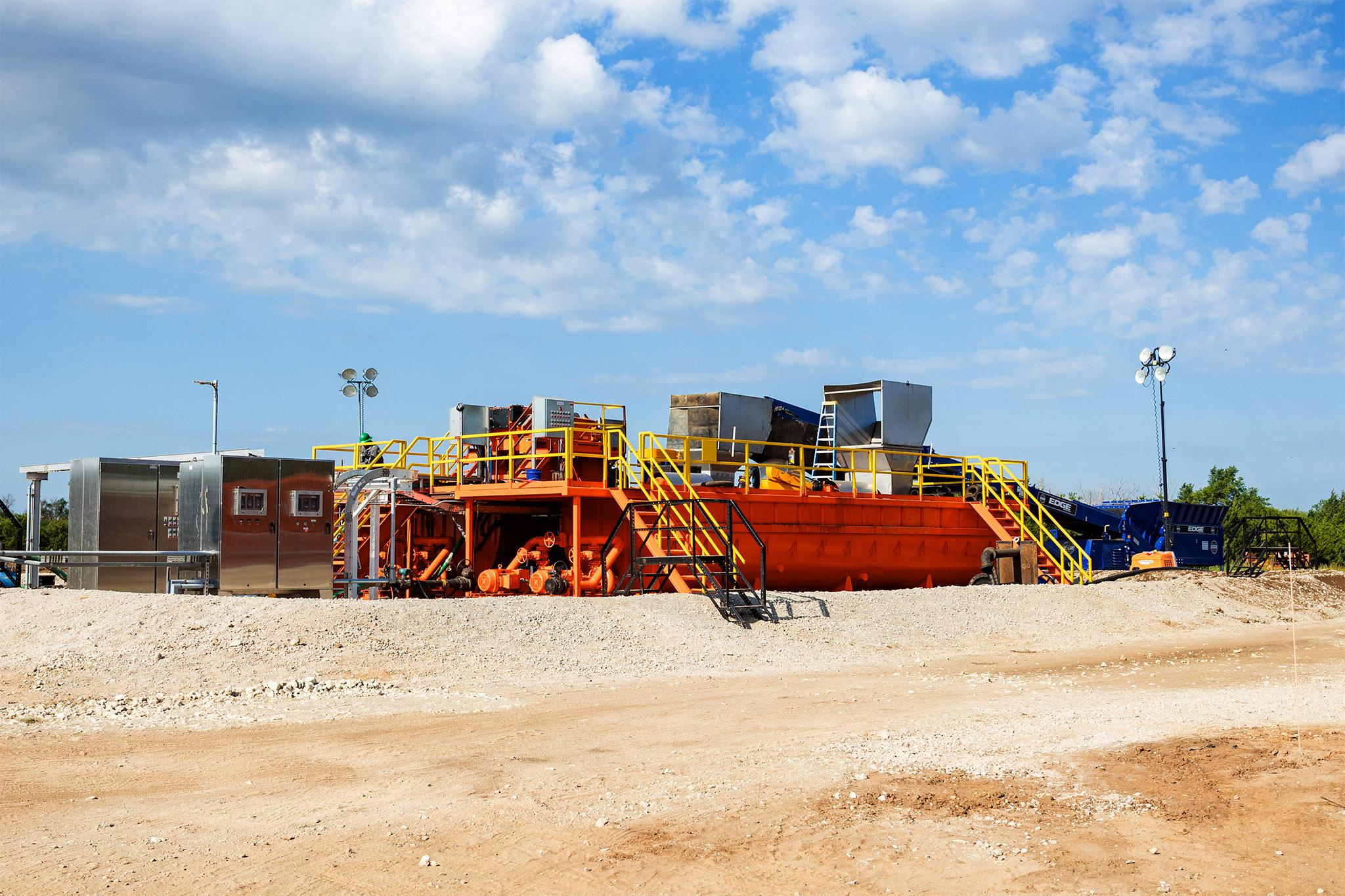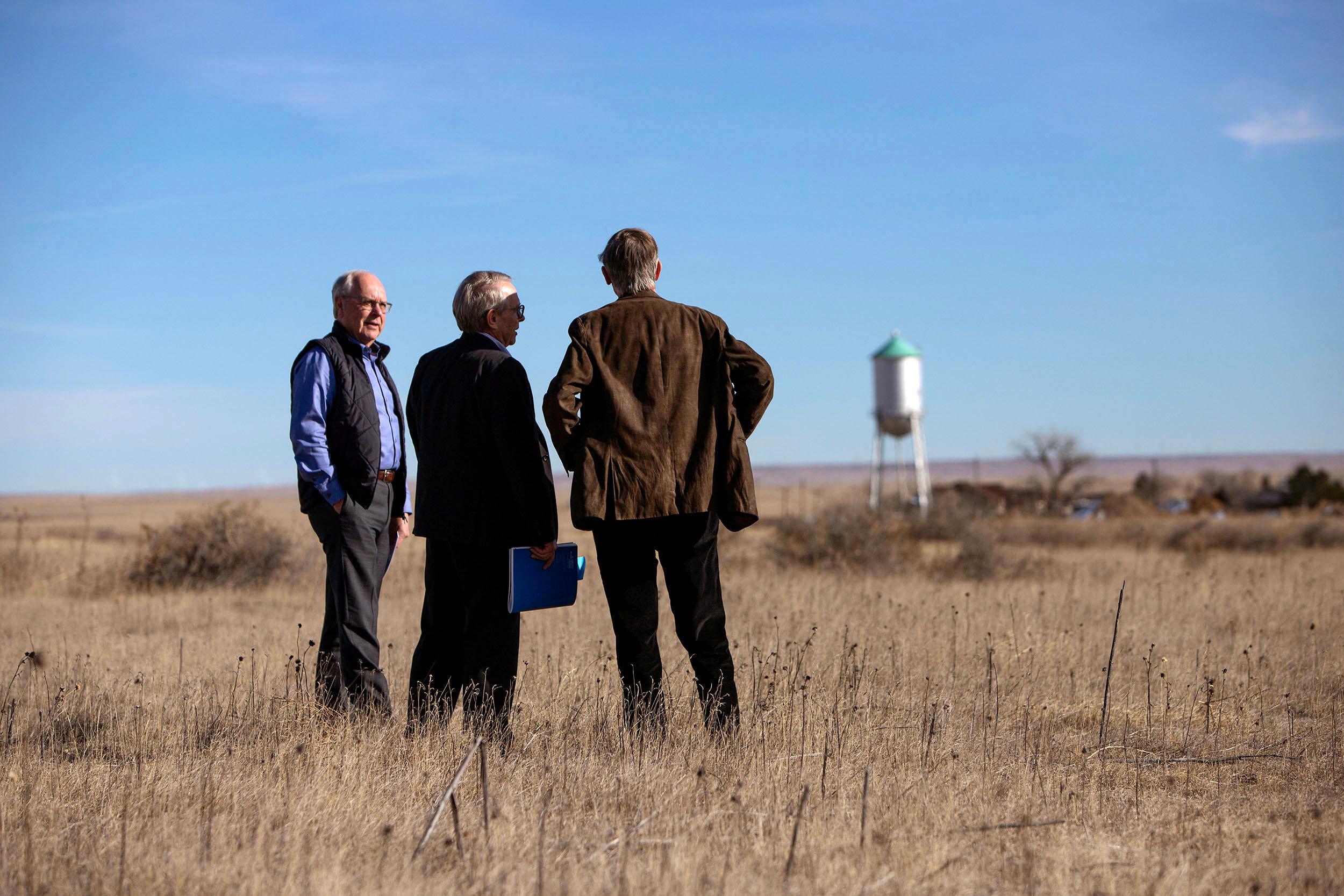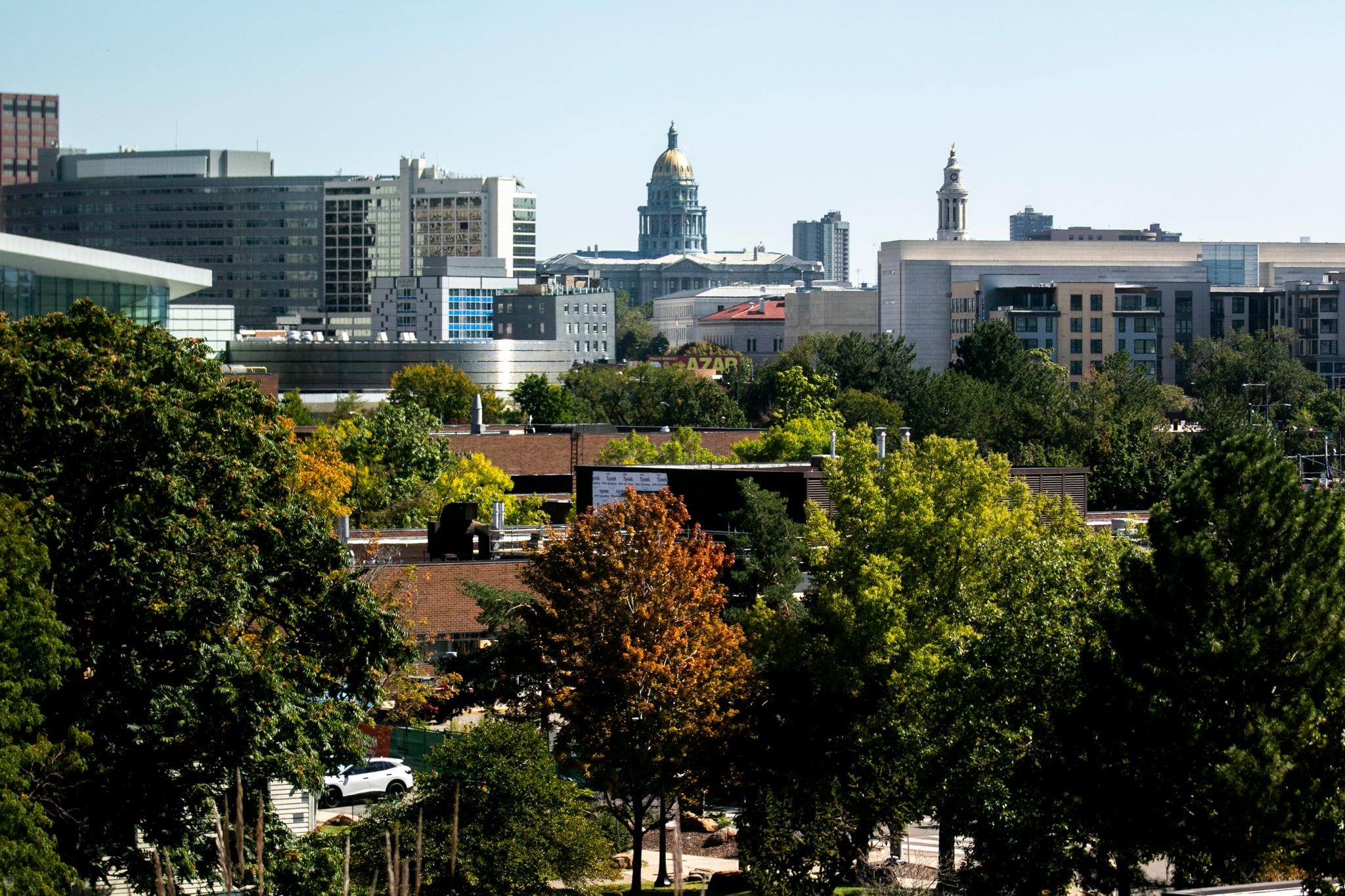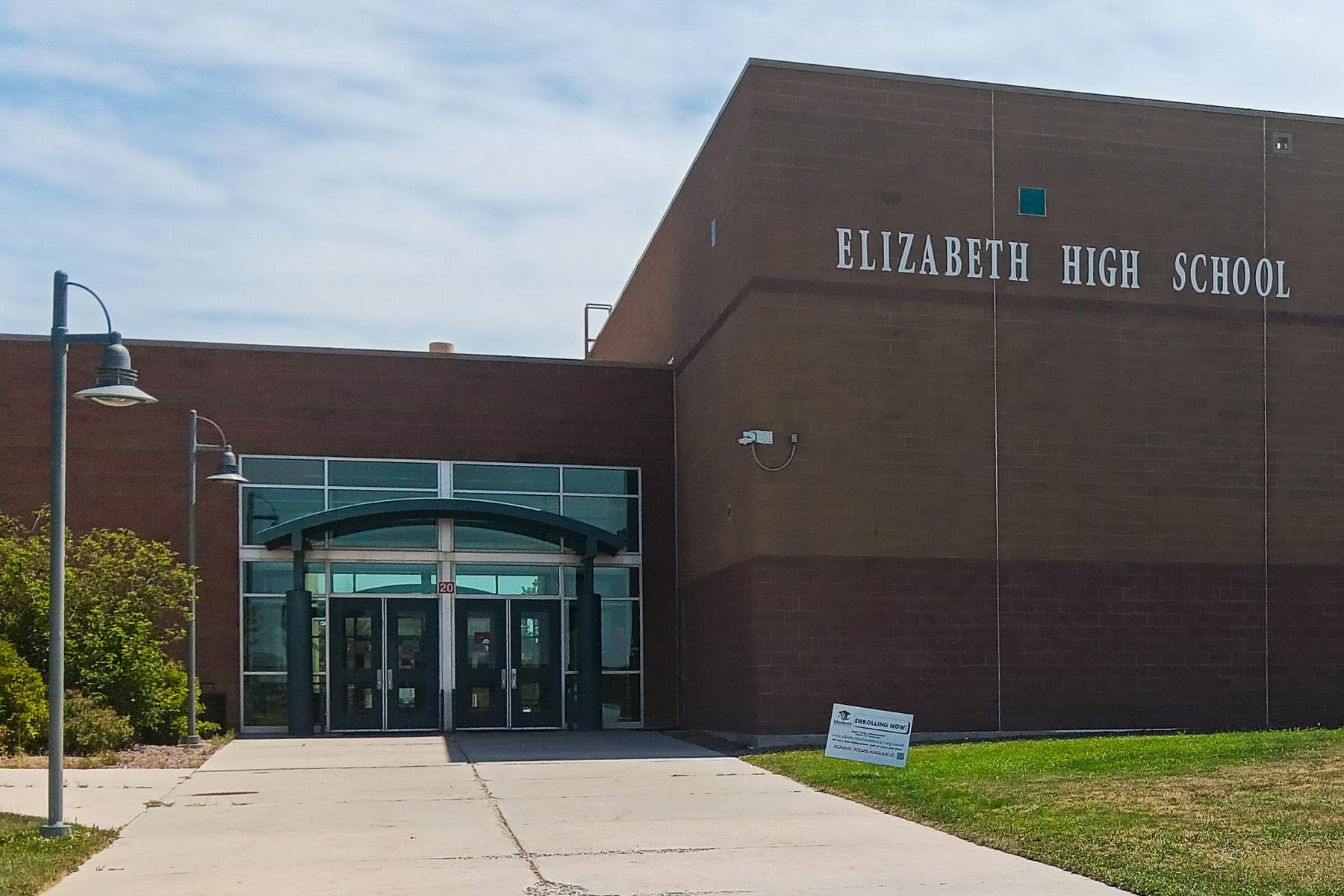
Any cancer diagnosis is terrifying.
But for adults, the rare Acute Myeloid Leukemia, or AML, is especially frightening.
Karl Leason, a retired music teacher in Cañon City, was "never so panicked in my entire life" when he received his AML diagnosis. He was given six months, maybe a year, to live.
"Your life is over with and you know what ... I loved my life, I loved it from the time I could remember. And I always used to say when I was a little kid I wanted to live to be 106 and they used to laugh at me about that," Leason said. "And here I was looking at over in six months."
The normal course of treatment for AML is intense chemotherapy. But Leason's doctor offered another pat, a clinical trial of a new treatment at the University of Colorado’s Anschutz Medical Campus. Leason drove to Aurora and met the physician leading the study, Dr. Daniel Pollyea.
“And he gave me the one thing I hadn’t had for weeks. And that was hope," Leason said.
Leason started the trial two years ago. Today, there's not a trace of cancer in his body. This is not a fluke. Eighty-five percent of the patients in Pollyea's trial are in full remission, and 91 percent had at least some response. The FDA has now approved the drug for use in some patients.
The success of the medical trial has fulfilled the dreams Pollyea had when he got into medicine.
"There are inherent challenges in this disease that are appealing to people like me and other leukemia doctors," Pollyea said. "There are certain people I think that are attracted to some of the hardest problems to solve. Here we are, many years later, we have been able to make a big impact in a disease. This is exactly what I had always hoped for."
Acute Myeloid Leukemia is rarer than other adult cancers, such as breast or colon cancer, but is disproportionately fatal. It historically had a "horrible prognosis," Pollyea said.
The new drug works by targeting leukemia stem cells, which Pollyea calls the "reservoir of the disease." Chemotherapy can't kill off these stem cells completely, which is why many AML patients relapse. Pollyea thinks of leukemia like weeds, and these cells the roots.
"If you just mow the lawn, that’s like what chemotherapy does, you can get a remission that may last for a little bit of time. But when the disease or the weed comes back, it comes back worse," Pollyea said. "The only way to eradicate this disease, to potentially cure it, is to pull the roots out."
AML stem cells have a unique weakness in how they process energy. Pollyea's therapy destroys the stem cells without harming other cells in the body, making it far gentler than chemotherapy and other treatments.
The drug is most effective with new cases, as opposed to patients who've been in remission and then relapsed. But Pollyea and other researchers are beginning to understand the gap, and perhaps how to fix it one day.
As dozens of trial patients go into full remission, Pollyea is cautiously optimistic about this possible cure.
"That’s a loaded word in our field," he said. "We’re really in our infancy of understanding this. I do think there are some patients that I can prove have been cured with this regimen."









